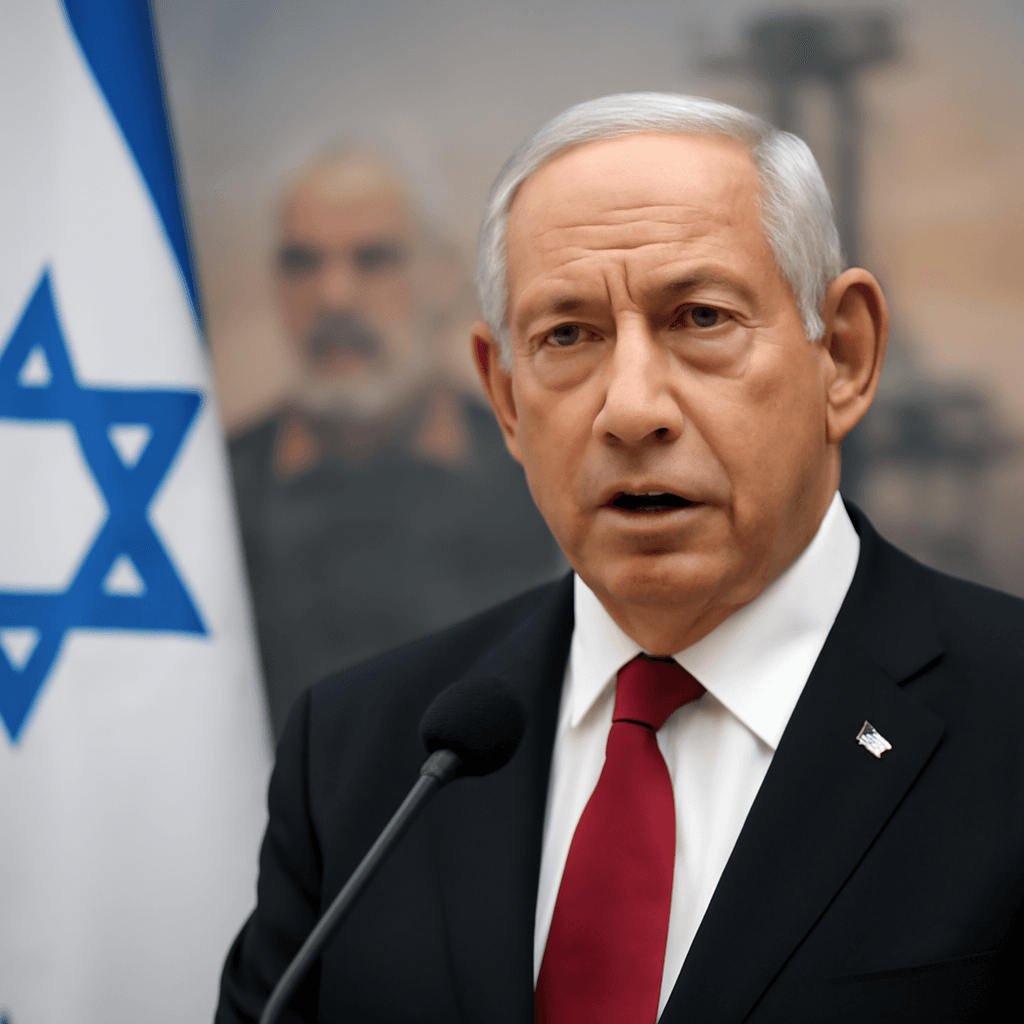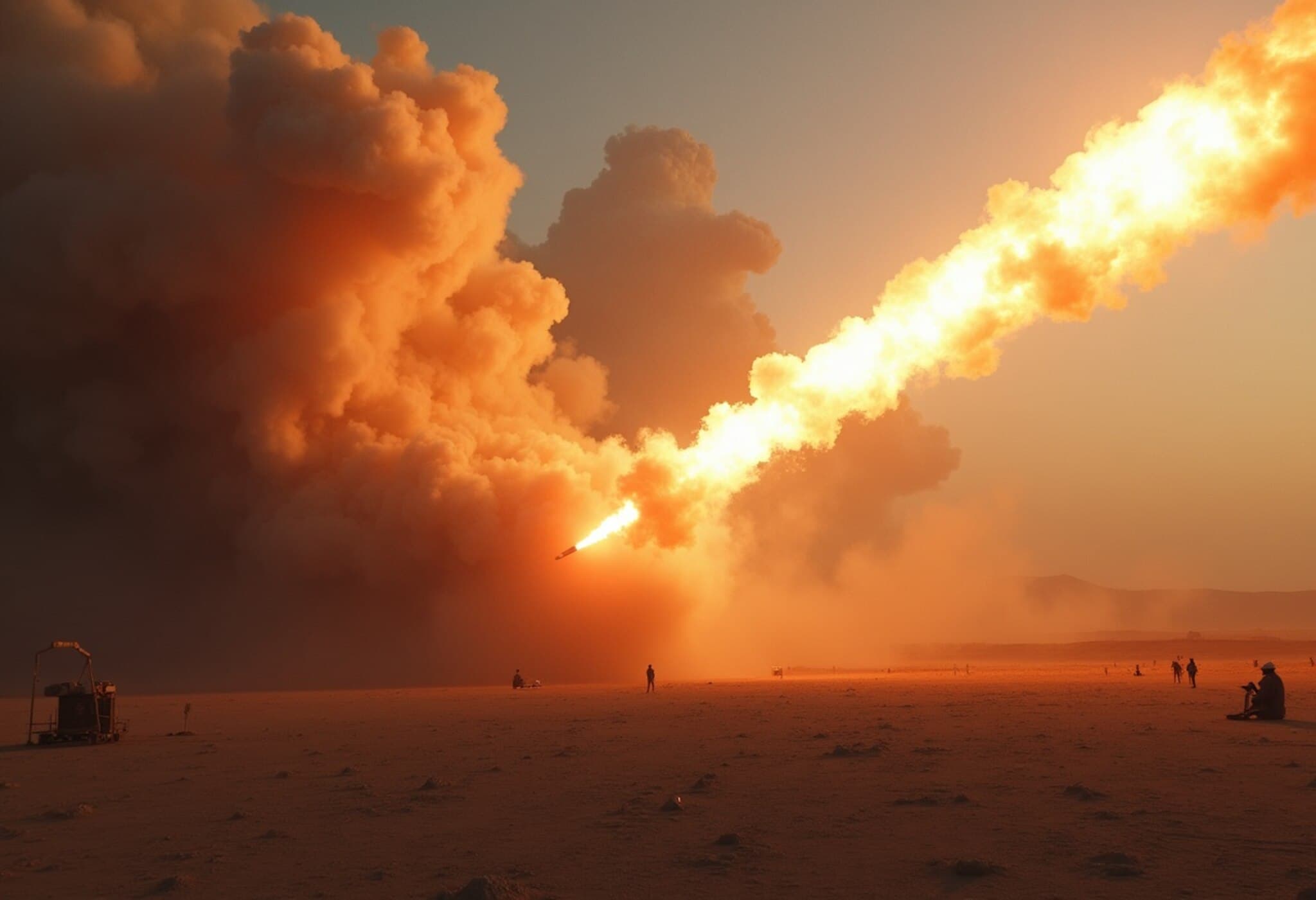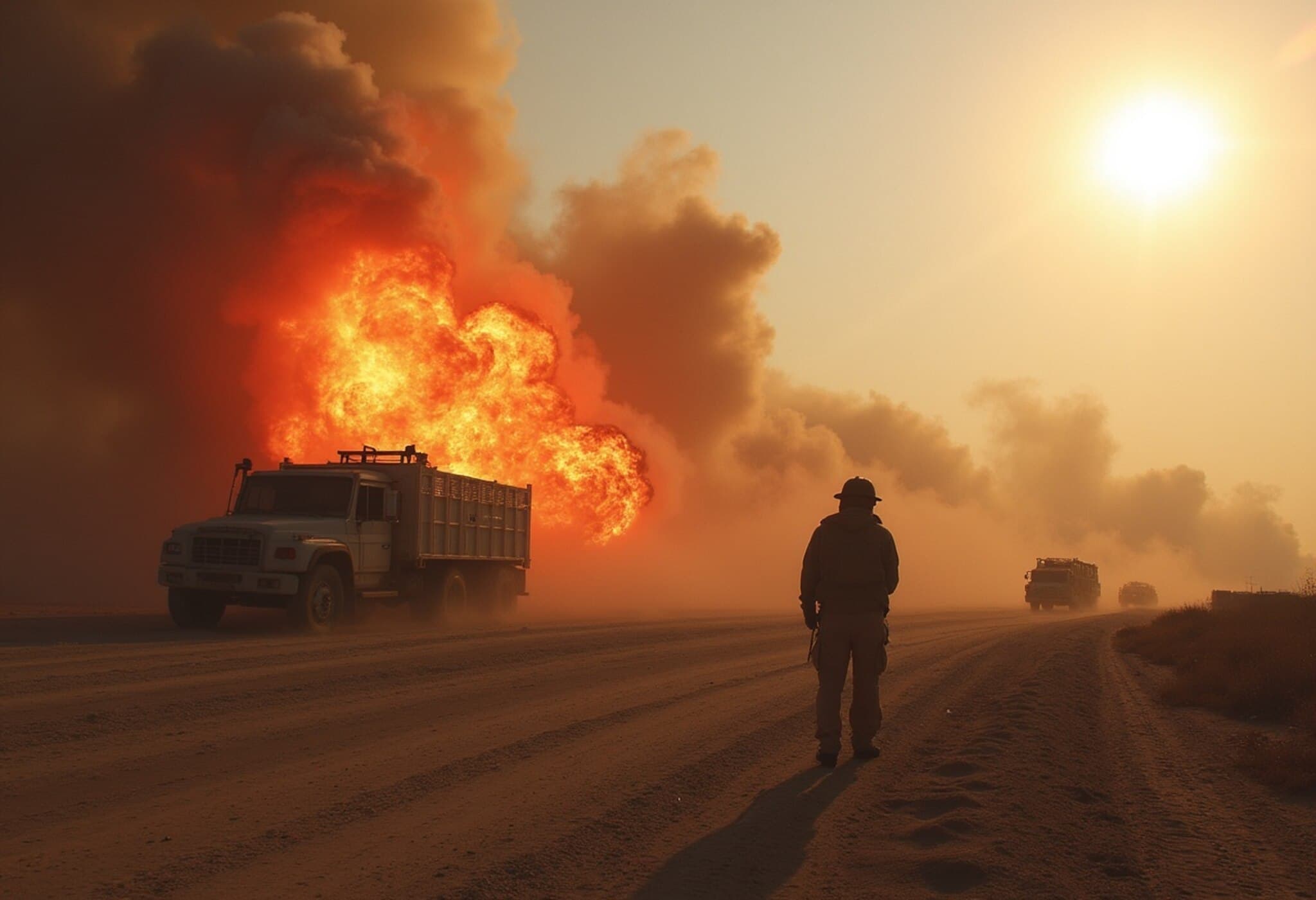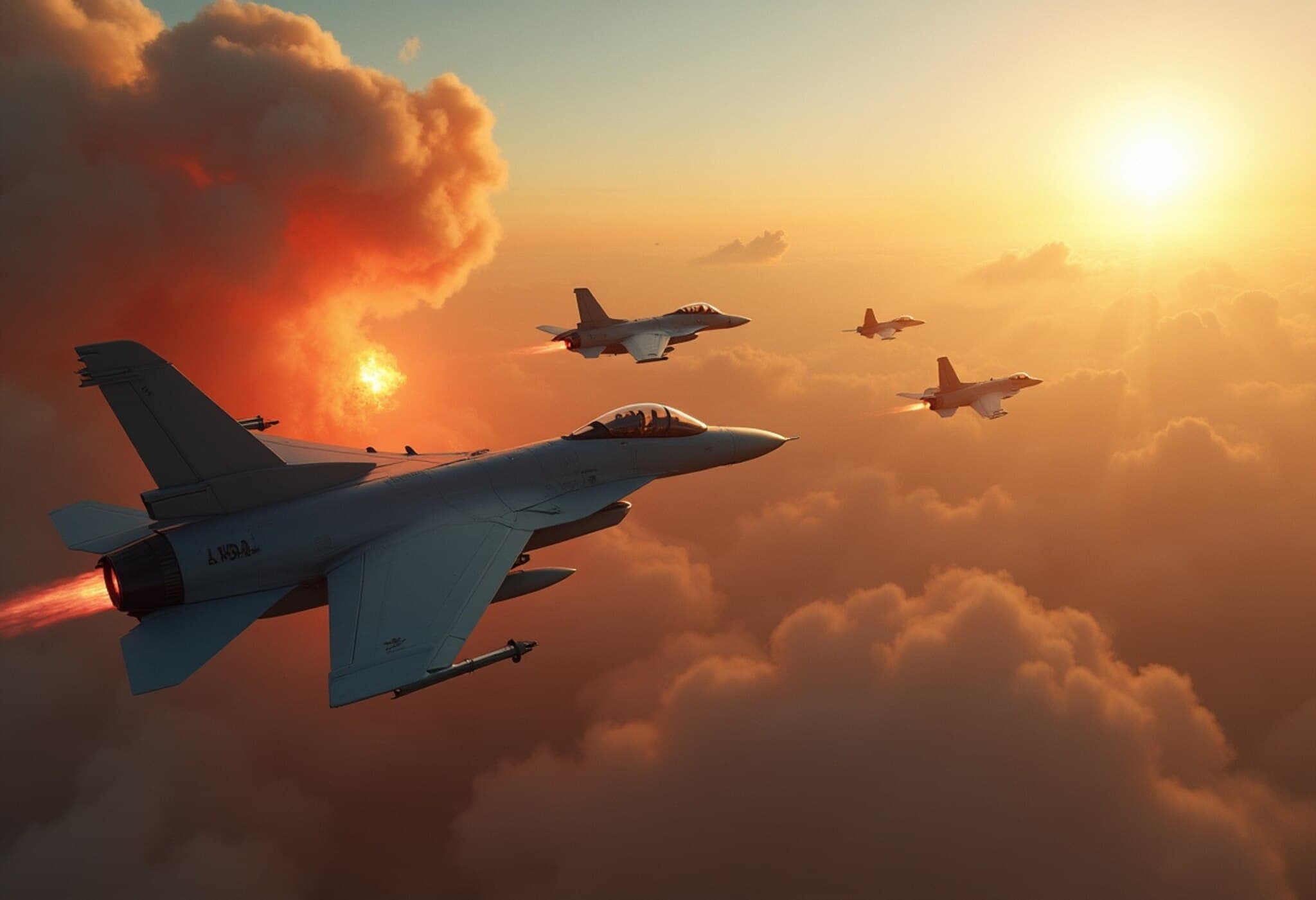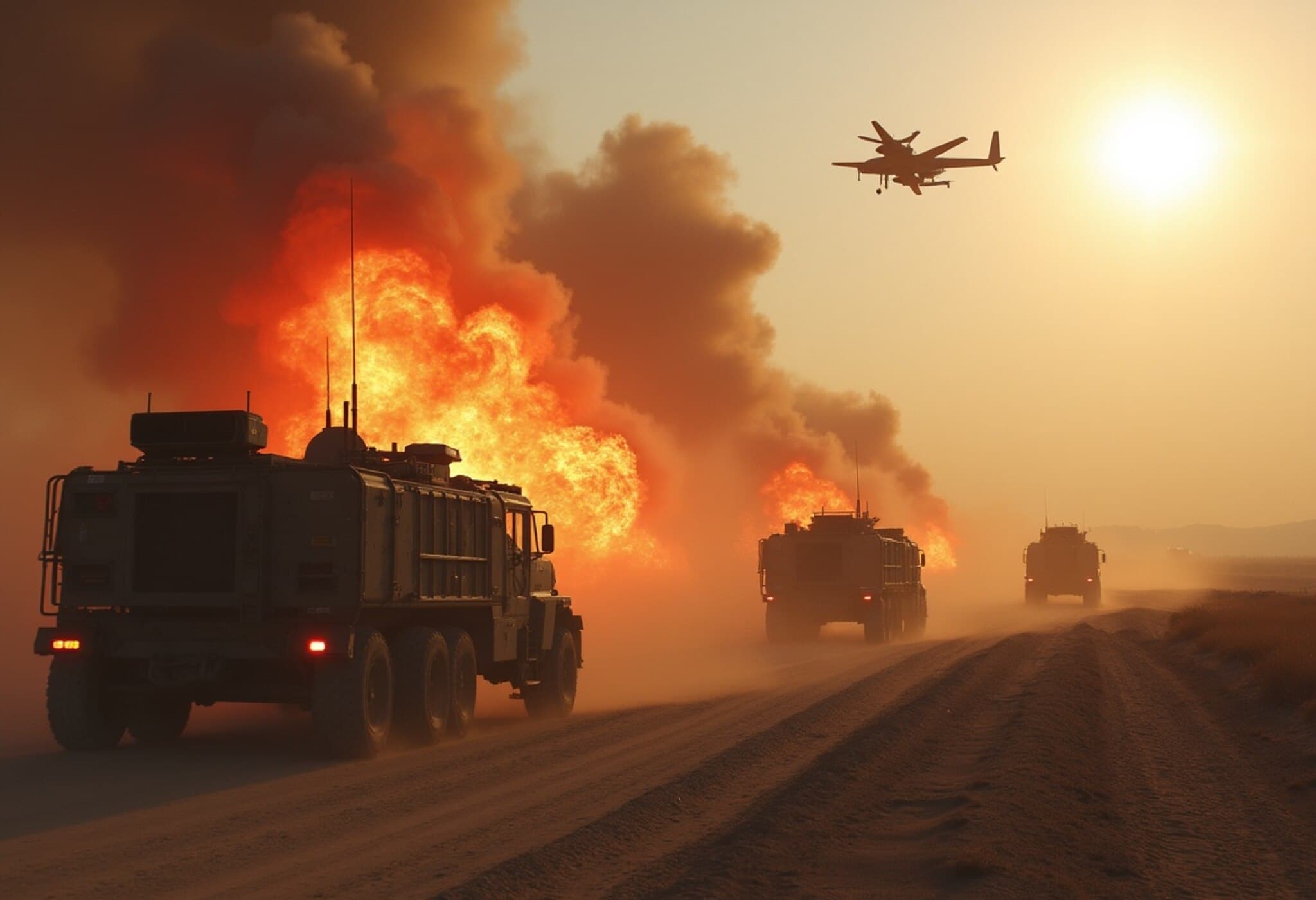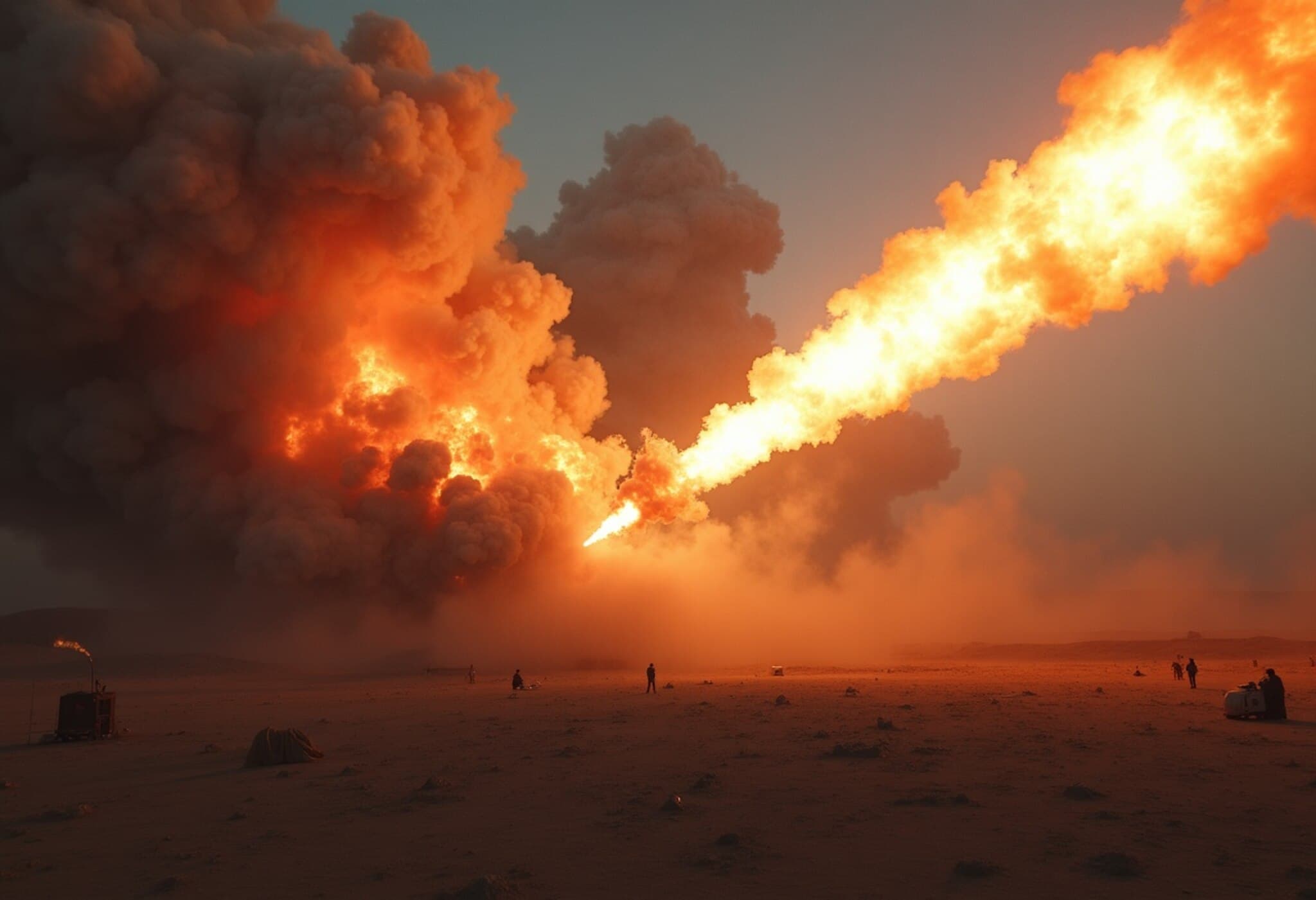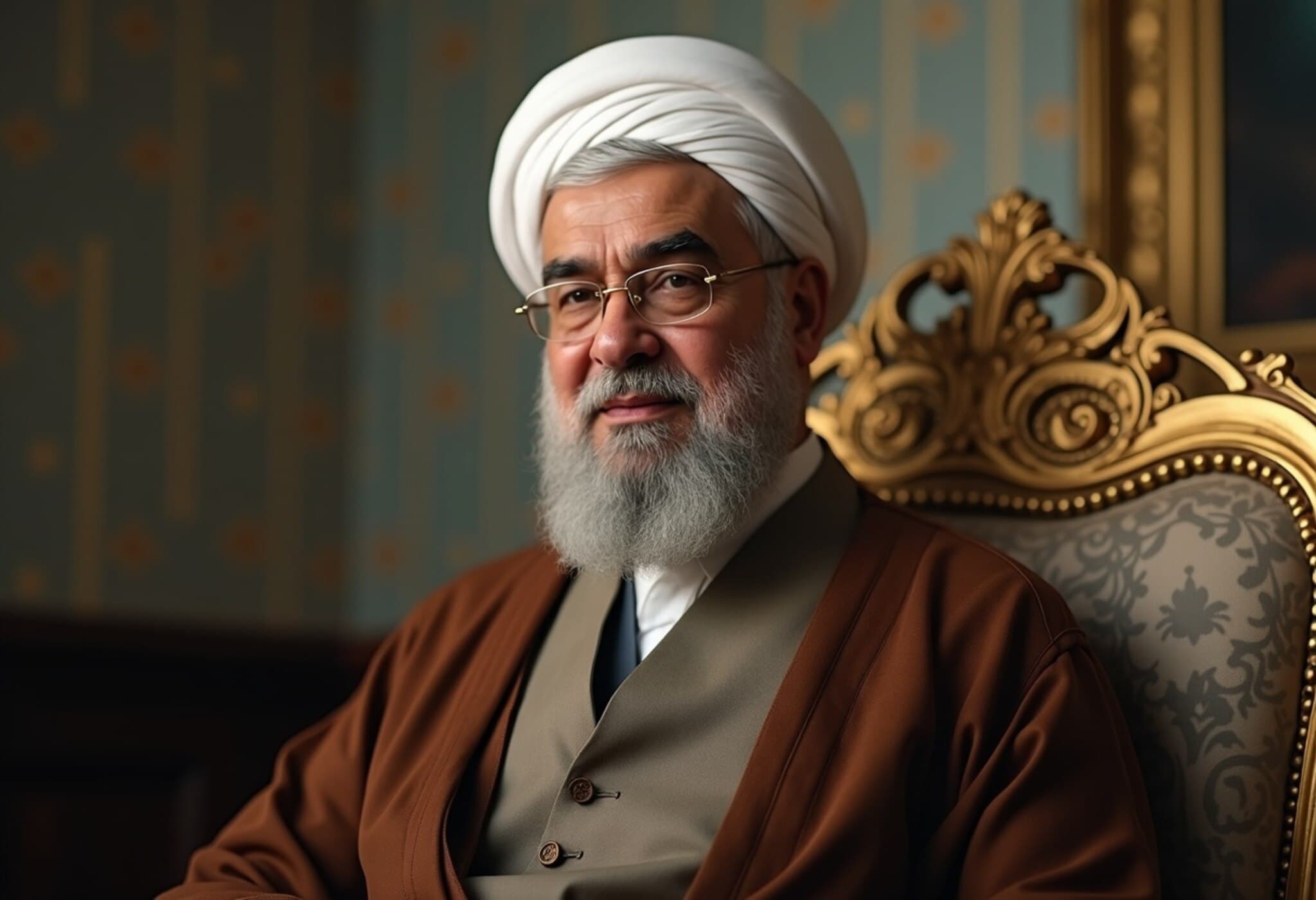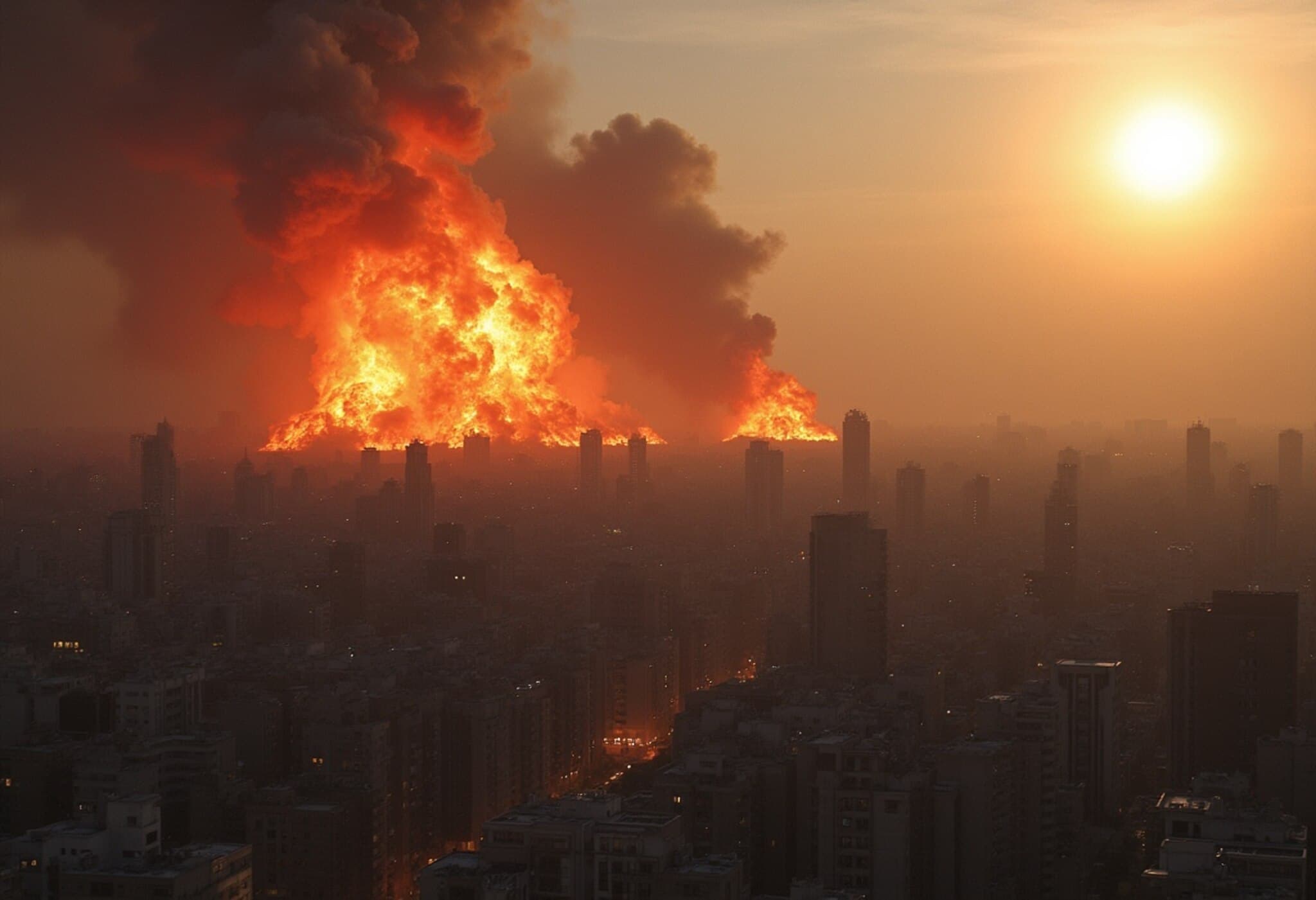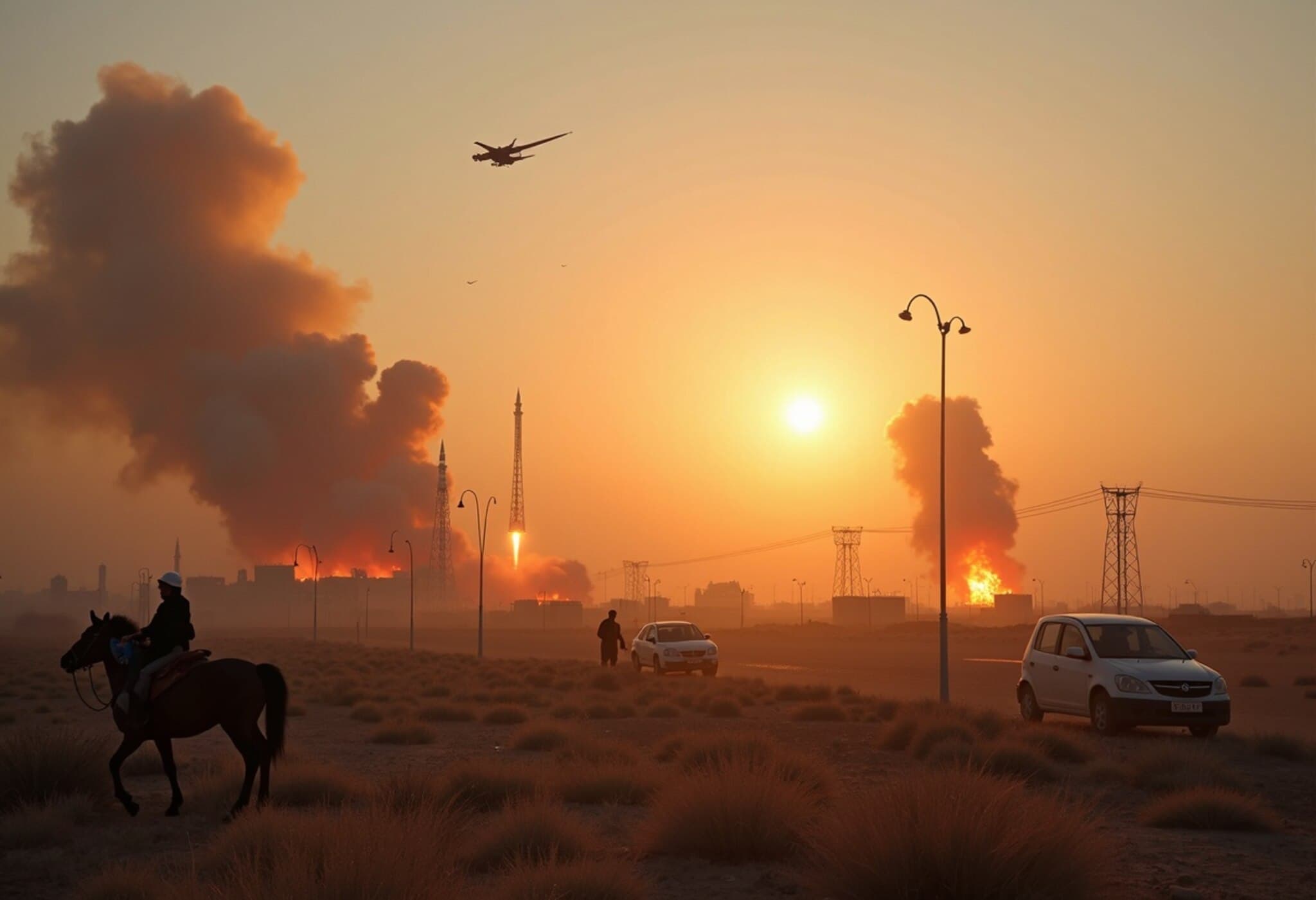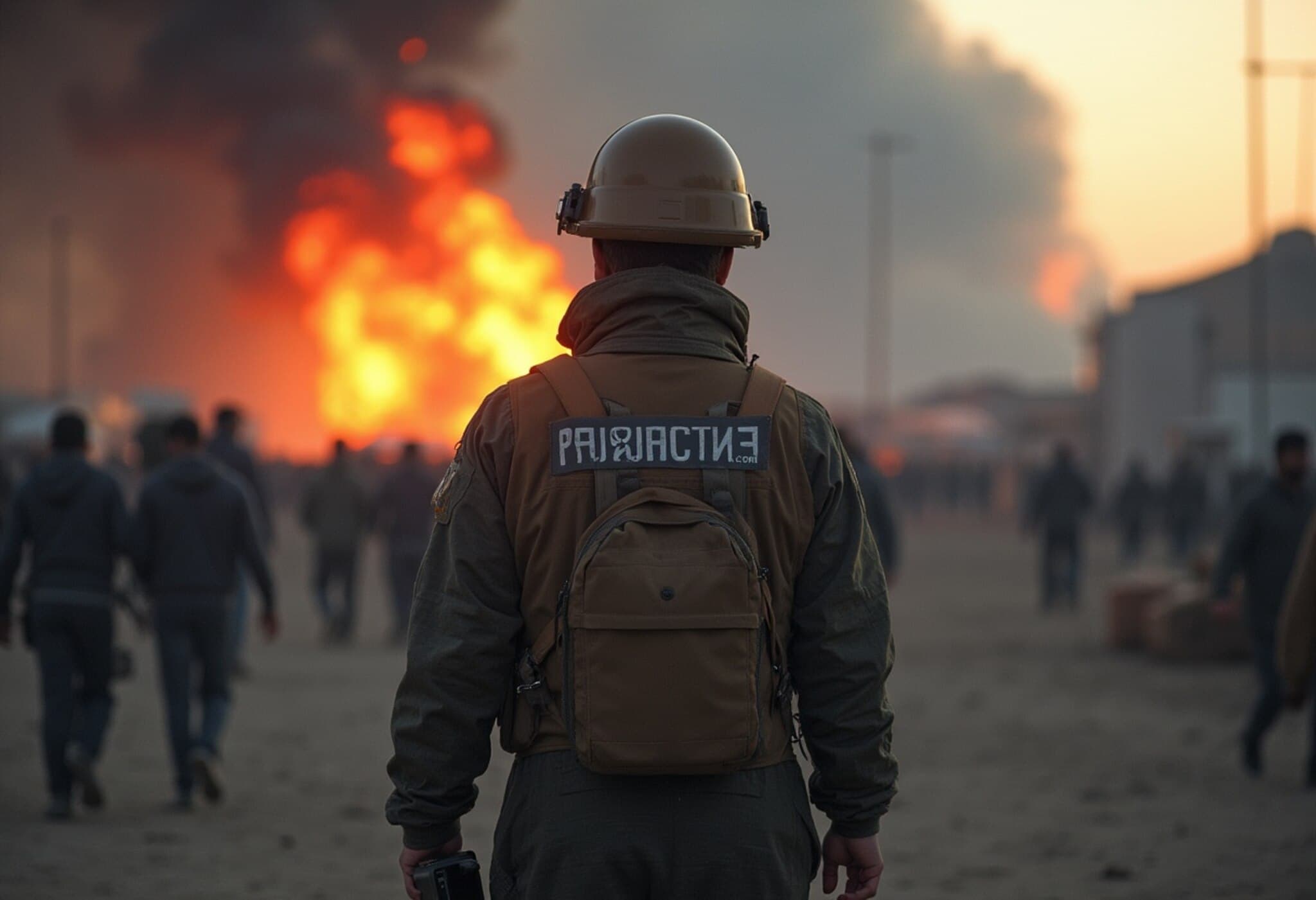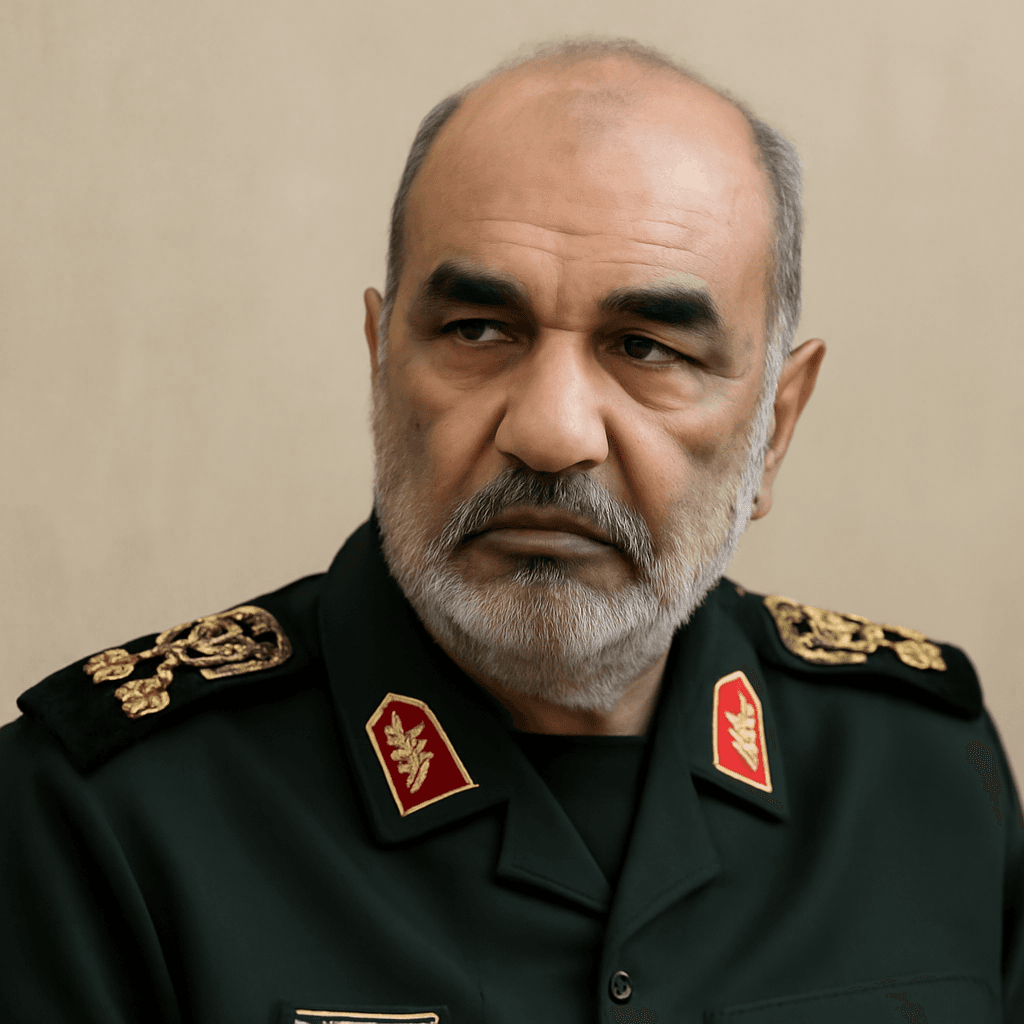Israel Executes Preemptive Strikes on Iranian Nuclear and Military Sites
In a significant escalation of tensions in the Middle East, Israel has launched a preemptive military operation, dubbed "Operation Rising Lion", targeting key Iranian nuclear and military installations. The strikes reportedly resulted in casualties, including prominent Iranian military and nuclear figures.
Iran’s Revolutionary Guard Chief Killed in Airstrikes
Among the casualties is Major General Hossein Salami, the head of Iran's Islamic Revolutionary Guard Corps (IRGC), who was confirmed killed during the Israeli attacks. Salami's role within Iran’s theocratic structure is substantial, commanding the IRGC and overseeing Iran's ballistic missile capabilities. Alongside him, Mohammad Bagheri, Iran's military chief, and several other senior military officials and nuclear scientists were reportedly killed.
Netanyahu Declares Operation Aimed at Israel's Survival
Prime Minister Benjamin Netanyahu addressed the nation via a video statement, describing the offensive as a calculated effort to halt what he regards as an existential threat posed by Iran’s nuclear ambitions. Netanyahu vowed that the strikes would continue "for as many days as it takes" to neutralize this threat.
Israel Tightens Security Measures Amid Anticipated Retaliation
Reacting to the operation, Israel imposed stringent airspace restrictions, anticipating potential missile and drone attacks from Iran or its proxies. Defence Minister Israel Katz declared a state of emergency for the civilian population and issued urgent warnings urging citizens to follow protective protocols.
Katz’s Warning to Civilians
He emphasized the immediacy of possible retaliatory strikes and underscored the need to adhere to guidance from home front authorities to stay in secure locations.
United States Denies Direct Involvement
The U.S. government confirmed Israel acted independently but had been notified in advance. A senior official reiterated the priority of safeguarding American personnel in the region and warned Iran against targeting U.S. interests, while affirming close coordination with regional partners.
Political Reactions in the U.S.
U.S. Senator Jack Reed criticized the Israeli strikes, warning they risk deepening regional conflict and highlighted the danger to civilians and American forces, calling for immediate diplomatic de-escalation.
Commercial Aviation and Regional Impact
Flight tracking data showed that some commercial aircraft continued to navigate Iranian airspace during the strikes, while others altered their routes to avoid potential danger zones. Several countries had already limited flights over Iran amid growing instability.
Details on Israeli Military Targets
An anonymous senior Israeli military official confirmed that strategic nuclear and military sites were targeted, though exact locations remain undisclosed. The official highlighted three core Iranian threats: a suspected covert nuclear weapons program, a widespread ballistic missile arsenal, and arms supplies to proxy groups such as Hezbollah and Hamas.
U.S. Leadership’s Situation During Strikes
During the Israeli offensive, former President Donald Trump was seen engaging with Congressional members at the White House. Earlier, he had remarked that while Israeli strikes were not imminent, they were a distinct possibility. Meanwhile, the U.S. took precautionary measures including withdrawing diplomatic staff from Baghdad and offering evacuations to military families across the Middle East.
Global Market Reacts: Oil Prices Surge
The geopolitical upheaval triggered a sharp rise in oil prices. West Texas Intermediate (WTI) crude rose by over 6.3%, reaching $72.29 per barrel, while Brent crude increased by 5.7% to $73.29 per barrel, reflecting concerns about supply disruptions.

